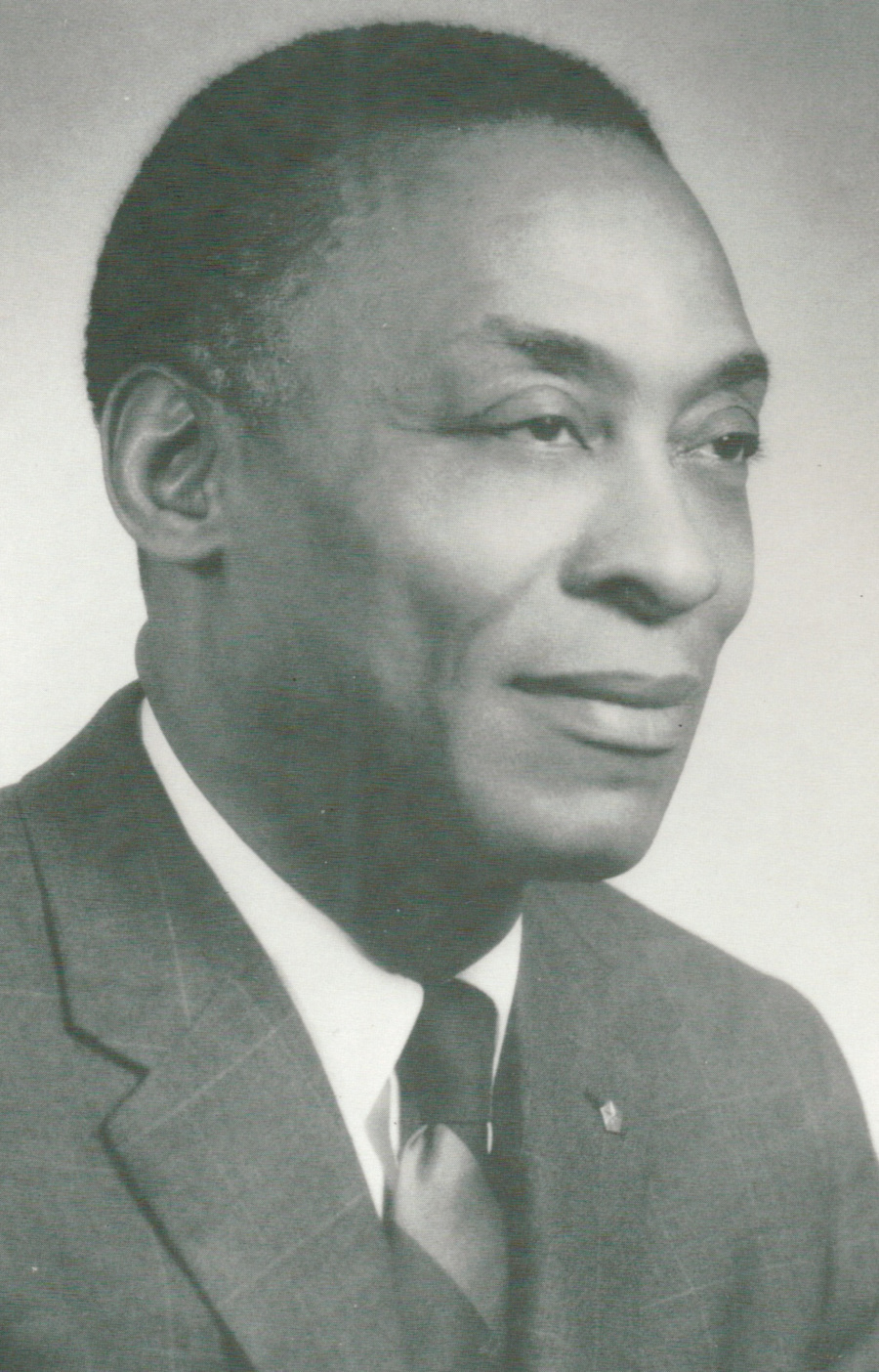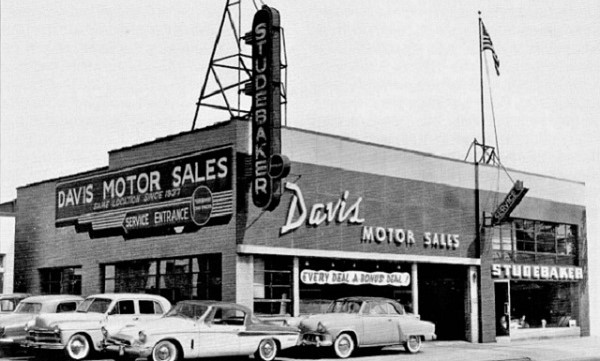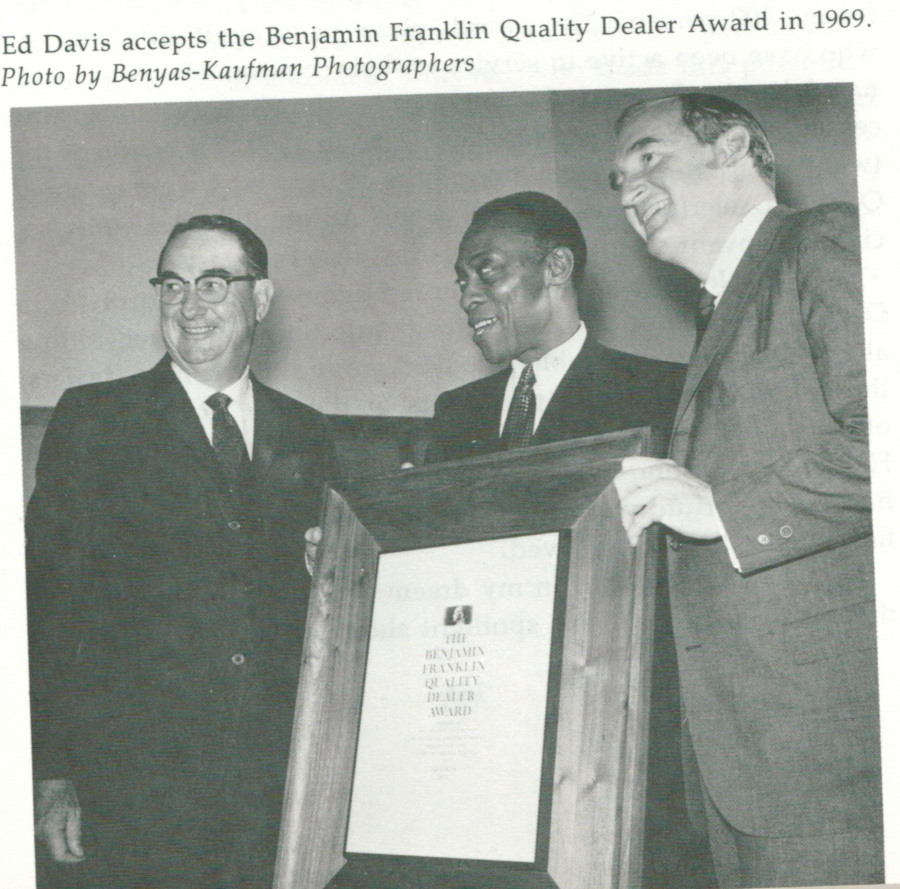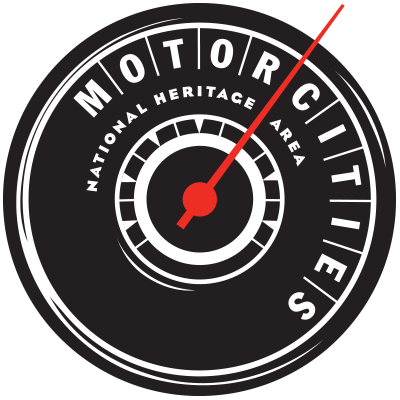By Robert Tate, Automotive Historian & Researcher
Images Courtesy of the Robert Tate Collection
Published: 06.17.2020
EDITOR'S NOTE: Our Making Tracks website looks back at the African American experience in the auto industry. This culture represented the migration of workers and families to the Motor Cities. Their work was hard, and their paths were not smooth. The website talks about adjustment to the north, the climate in their communities and treatment at their jobs. It also highlights the triumphs and tragedies of a people who contributed to building the auto industry.
Making Tracks was a collaboration of the Charles H. Wright Museum of African American History and MotorCities with generous support from the Ford Motor Company Fund.
One of the videos on the homepage features the story of Edward Davis, the first African American to own a car dealership. You will need to have a current version of Adobe Flash Player to run the website and videos.
A version of the following Story of the Week ran in February, 2015.
 Edward Davis
Edward Davis
Many years ago, I had the opportunity to sit down and meet an extraordinary individual who contributed to the automotive industry in so many positive ways. Edward Davis was the reason many families in the community could purchase new automobiles. He also supported many African American families with their transportation needs at a time when it wasn’t easy for them to purchase a vehicle at fair prices. Davis was not only a businessman, but also a pioneer that created a plethora of job opportunities for African-Americans.
I will never forget the pleasant welcome and smile I received when I interviewed him for a story about his life and legacy. When you look back at the history of African Americans, there were a handful of entrepreneurs who got into the business of selling automobiles. In addition to Edward Davis, another name you could add to the list was Homer B. Roberts (1885-1952) who, in 1923, made history with Roberts Company Motor Mart. Roberts’ company saw many successful and profitable selling years partnering with several automotive manufacturers. This included sales agreements with the Hupmobile Car Company, Rickenbacker, Whippet, and Marmon. Roberts also had a distributorship arrangement with a local Oldsmobile dealer. However, it was Davis who became the first African American to acquire his own dealership in the city of Detroit.
Davis was born in Shreveport, Louisiana on February 27, 1911, the oldest of ten children. It was his father’s Ford Model T that shaped his interest and love for automobiles. He worked first at a car garage, then a small car washing business and later a machine shop. Davis attended Cass Technical High School and wanted to become an accountant. However, the stock market crash in 1929 and the subsequent decline of the job market moved him another direction. Davis was later offered a job in the Dodge Brothers foundry.
 Ed Davis Motor Sales on Vernor Highway
Ed Davis Motor Sales on Vernor Highway
In 1939, a great opportunity became available for Davis, and he was able to open his first used car dealership at Vernor and Brush Streets in Detroit. Known as Davis Motor Sales, it became one of the first black-owned franchised car dealers in the city. He sold new Studebaker automobiles and trucks to the City of Detroit and local businesses. Many people in the community loved his professional business practices and admired his success. Several community leaders supported Davis, including Reverend R. L Bradby and the Reverend William H. Peck. Later, Mayor Albert E. Cobo appointed Davis to the Community Relations Commission, where he served from 1953 to 1961. In 1957, one year after Davis terminated his agreement with Studebaker, Davis became a sub-dealer for local Ford dealer, Floyd Rice, for two years.
During the 1960s, Davis received word that the Fisher Freeway (I-75) was about to be constructed, forcing him to relocate his Detroit dealership. In 1963, he achieved another milestone when he was awarded a Detroit Chrysler-Plymouth dealership. Davis received a great deal of positive press when he opened the doors of his new dealership, and many people from all over metro Detroit came in to purchase new vehicles. The dealership was located on Dexter Avenue and Elmhurst on the city’s west side. Davis said, “It was one of the proudest moments of my career.” For many years, Davis’ Chrysler-Plymouth dealership generated high sales volume and a loyal clientele because his honest practices were valued by many within the community.
 Ed Davis Chrysler-Plymouth dealership
Ed Davis Chrysler-Plymouth dealership
Although his first contract with Chrysler was in July of 1963, Davis did not officially receive his franchise until November 11, 1963. It was not an easy task to finalize this agreement, but he eventually received his certified dealer number (62399). He went on to hire the best people he could find to help move his company forward. Two of those employees were Isabelle Monjoy, Davis’ secretary, and Esker Harris. Five years later, Chrysler and other automobile companies were beginning to invest a great deal into black-owned dealerships. Davis once said, “We were selling cars and profits were coming in.” Davis operated the dealership until his retirement in 1971.
In October 1971, Davis was appointed head of the Detroit public transportation system (DSR) that operated 1,100 buses, employed 2,380 employees and generated more than $200,000 each day in sales. This was an exciting and challenging period that he really enjoyed.
Davis received many awards over the years. In 1955, he received a Studebaker plaque for highest sales, competing with 120 other competitors. In 1966, Davis was named Michigan’s Small Businessman of the Year. In 1969, he also received the Benjamin Franklin Quality Dealer Award. He also was the first African American to receive the Time Magazine Quality Dealer Award. Finally, in 1996, Davis was the first African American to be selected as a member of the Automotive Hall of Fame, immortalized in their Dearborn museum. He once told me that he gave a great deal of credit to his wife, the late Mary Agnes Davis, for her great love, understanding and moral support.
 Ed Davis Accepts the Benjamin Franklin Quality Award in 1969
Ed Davis Accepts the Benjamin Franklin Quality Award in 1969
Unfortunately, Davis died of congestive heart failure in May, 1999. His passing left a huge mark on the auto industry that will be remembered for generations to come.
Bibliography
Davis, Edward. “One Man’s Way.” Edward Davis and Associates, 1979.
Perez, Tanisha. “Edward Davis first African American to Own Chrysler Dealership.” UAW-Chrysler National Training Center.
“Davis Motors: Detroiter Is Only Negro With New Car Franchise.” Ebony Magazine, 1955.



